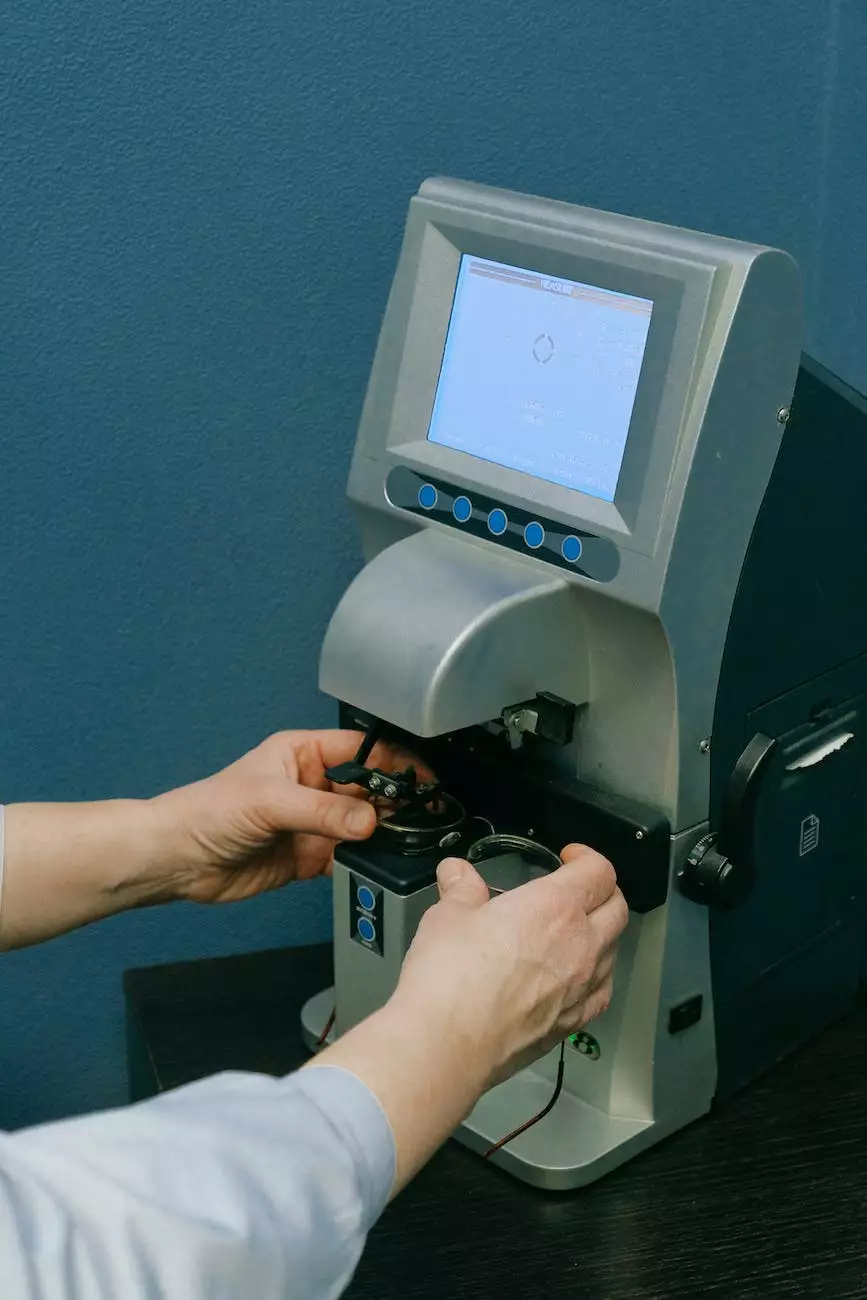Small Dense Low Density Lipoprotein - Understanding its Impact on Your Health
Medical Weight Loss
Introduction
Welcome to 1Body4Life, your trusted source for health-related information and expert advice. In this article, we will delve into the topic of small dense low density lipoprotein (LDL) and its impact on your overall cardiovascular health.
What is Small Dense LDL?
Small dense LDL refers to a subtype of low density lipoprotein particles that are smaller, denser, and more prone to oxidation compared to larger LDL particles. These particles have been associated with an increased risk of cardiovascular diseases such as atherosclerosis, coronary artery disease, and stroke.
Understanding LDL Cholesterol
LDL cholesterol, often referred to as "bad" cholesterol, plays a crucial role in transporting cholesterol from the liver to various tissues in the body. However, not all LDL particles are the same. Small dense LDL particles, due to their size and density, have a greater ability to penetrate arterial walls and contribute to the formation of plaques.
The Link Between Small Dense LDL and Cardiovascular Diseases
Research has shown that elevated levels of small dense LDL are associated with an increased risk of developing cardiovascular diseases. These particles can easily infiltrate the endothelial lining of blood vessels, triggering an inflammatory response and accelerating the progression of atherosclerosis. The formation of plaques can lead to restricted blood flow, potentially causing heart attacks or strokes.
Identifying and Measuring Small Dense LDL
To accurately assess your risk, it is important to identify and measure small dense LDL particles. This can be done through advanced lipid profiling, which provides detailed information about the size, density, and concentration of LDL particles in your bloodstream.
Managing Small Dense LDL Levels
While genetics can influence the distribution of LDL particle sizes, certain lifestyle factors can also impact your LDL profile. Here are some strategies to help manage small dense LDL levels:
- 1. Adopt a Heart-Healthy Diet: Focus on consuming whole foods, including fruits, vegetables, lean proteins, and healthy fats. Minimize the intake of processed foods, sugary beverages, and trans fats.
- 2. Increase Physical Activity: Engage in regular aerobic exercises, such as walking, jogging, cycling, or swimming, to improve cardiovascular health and promote weight management.
- 3. Maintain a Healthy Weight: Excess body weight, especially around the midsection, can contribute to the dysregulation of lipid metabolism. Aim for a healthy body weight through a balanced diet and regular exercise.
- 4. Avoid Smoking: Smoking not only damages blood vessels but also alters lipid profiles. Quitting smoking is an important step towards improving cardiovascular health and reducing small dense LDL levels.
- 5. Consider Medication: In some cases, medication may be prescribed by your healthcare provider to help manage small dense LDL levels, especially if lifestyle changes alone are insufficient.
Conclusion
Understanding the role of small dense low density lipoprotein in cardiovascular health is crucial for effective prevention and management. By implementing healthy lifestyle choices and working closely with your healthcare provider, you can take proactive steps towards reducing your risk of cardiovascular diseases associated with small dense LDL.
For more comprehensive information about small dense LDL and other health-related topics, feel free to explore our website or consult with our team of experts at 1Body4Life Medical Weight. Together, let's prioritize your well-being and make informed decisions for a healthier future.










